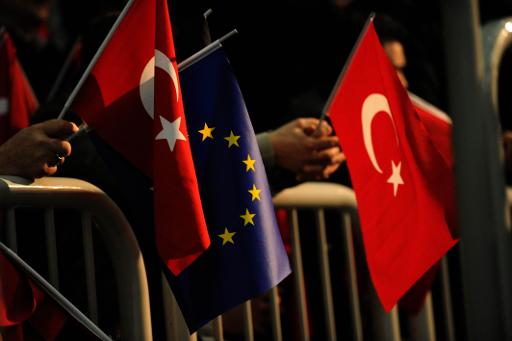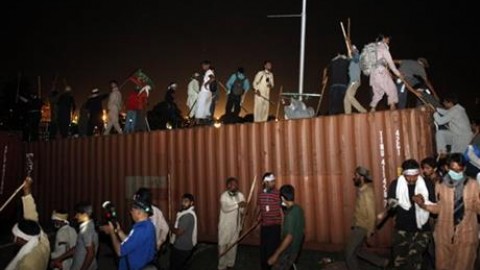After a series of long, drawn-out migrant adjustment proposals, the European Union has decided to allow Turkey liberated travel opportunities to and from the Schengen region in return for Greece taking back illegal migrants that regularly cross the Aegean sea into Greece.
However, before allowing complete permission, the EU will have to make sure that Turkey meets its conditions, since leaders are still worried that if the travel liberalization doesn’t work, Turkey may step back on fulfilling its role in the deal.
For months, millions of refugees have arrived into European countries through Turkey (war-torn Middle East) and through distressed North-African regions, causing eco-political ruckus throughout the European continent, especially the EU states. In order to reverse this influx, the EU and Turkey Agreement decided that migrants arriving on and after March 20, 2016, into Europe would be sent back to Turkey if they do not apply for asylum, or if they are denied asylum by judiciaries. For each illegal Syrian migrant taken in by Turkey, it would expatriate a politically sound migrant to the EU.
On the human rights front, it is a highly criticized agreement, since many believe that Turkey itself is not completely safe from the terrors of the Civil War in Syria to be able to provide refuge. Yet, European Council President, Donald Tusk, stated last month that the deal was starting to show positive results. In fact, he hailed Turkey’s refuge efforts by calling it ”the best example in the world on how to treat refugees”.
Prime Minister of Turkey, Mr. Ahmed Davutoglu said that Turkey had achieved its role in the deal and that the visa agreement was ‘vital’ for Turkey. It would be enforced once Turkey met with 72 conditions, as per the deals requirements, by May 4th, so as to gain free access by the end of June. The rights to freedom of speech, a fair trial and the improvement of terrorism legislation are a few of the outstanding criteria since, as per information received from diplomats, barely half of the criteria has been accepted. Moreover, Ankara has been widening its efforts to shut off its critics in recent times.
Despite these discrepancies, the raging civil war is forcing the EU to take such desperate measures so as to cope with its own internal pressures. Hence, although the Turks are likely to be allowed the visa waiver, it will be with several prerequisites set by the European Council, most importantly, that of fulfilling the outstanding criteria.
With inputs from the BBC
Tags: Turkey








